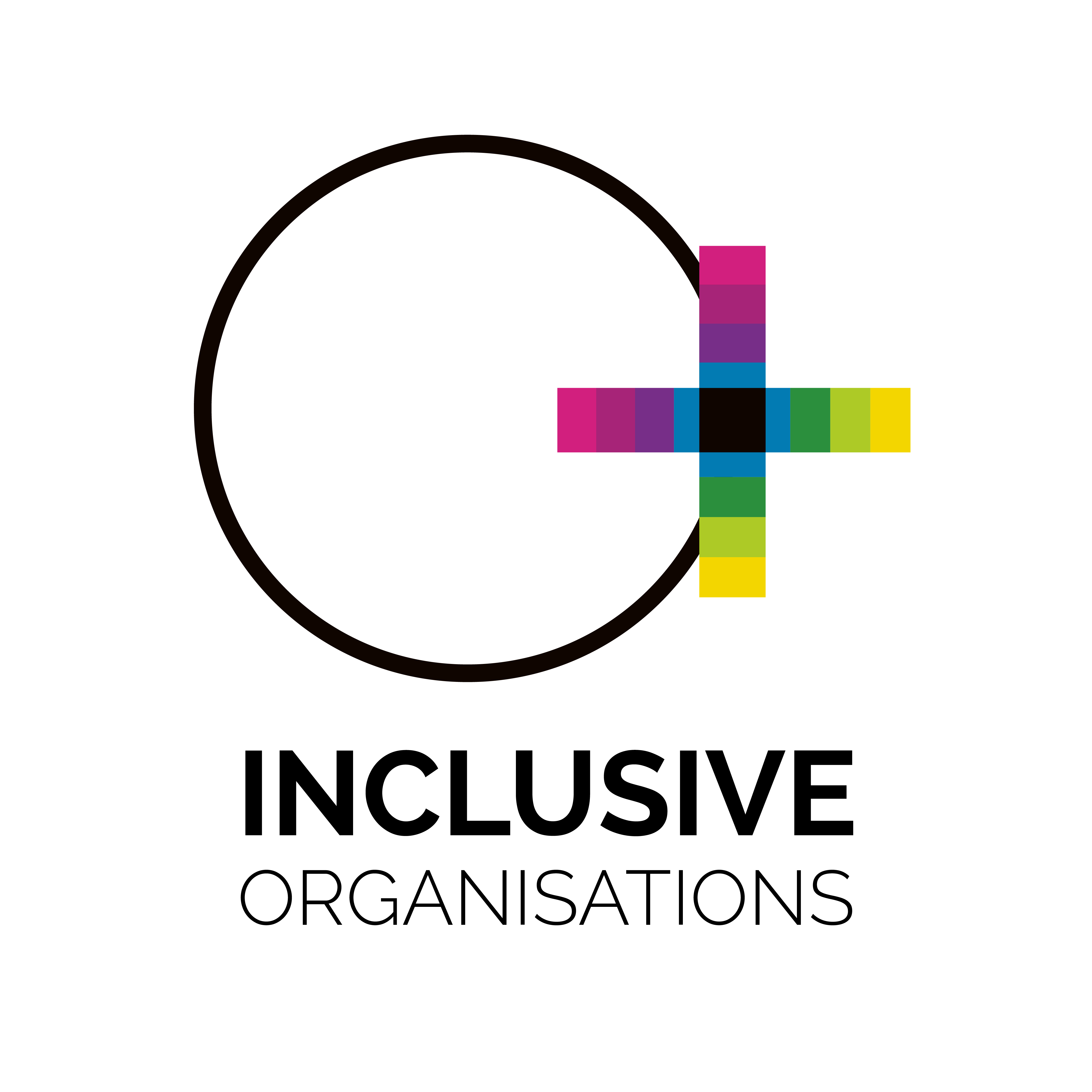
Here you will find educational material developed alongside the Certification process of Inclusive Organisations.
These resources can be used throughout the organisational development process for certification, as well as to address specific topics with teams and groups of professionals. More details in the video.
At the bottom of the page, you can download the activities in PDF format. In the documents we compiled information regarding objectives, step-by-step development of the activity, necessary materials, reference literature, and facilitation tips. We hope you find them useful!

Description
of Tools:
A-B-C
Workshops
These workshops are designed to introduce basic concepts and knowledge to help us learn more about specific marginalised youth groups (see the list below). The workshops have been developed in two versions, A and B:
Version A:
The facilitation team includes at least one person who represents the community being discussed. This is always the preferred option.
Version B:
The methodology is adapted so that even if there is no representation on the facilitation team, the principle of “nothing about us without us” is respected by collaborating with “experts by experience.”
When we talk about basic knowledge we mean, for example, vocabulary, history and the specific needs of each marginalised group. The idea is to understand what young people from these communities think should be ‘common knowledge’ about their culture/situation/identity, so that we can lay the foundations for better inclusion in our activities.
Learning Modules
for Organisational
Development
The team of trainers from Inclusive Organisations has defined a list of modules that, when conducted by specialised trainers or facilitators, can help organisations and companies develop their approaches and organisational structure in various areas related to inclusion.
The modules are designed for groups of up to 15 people representing the same entity (team, organisation, ..). Ideally, participants should include individuals with decision-making power within the management structure so they can implement changes and improvements based on the results of the proposed activities.
It is important to note that several of the modules refer to sections of the Inclusive Organisation manual, so it is recommended to have it on hand when preparing the sessions.
Download the tools:
Inclusive Organisatons – Toolbox © 2024 by Cazalla – Intercultural, Grenzenlos, Lunaria, Ljubljana Pride is licensed under CC BY-NC-SA 4.0

